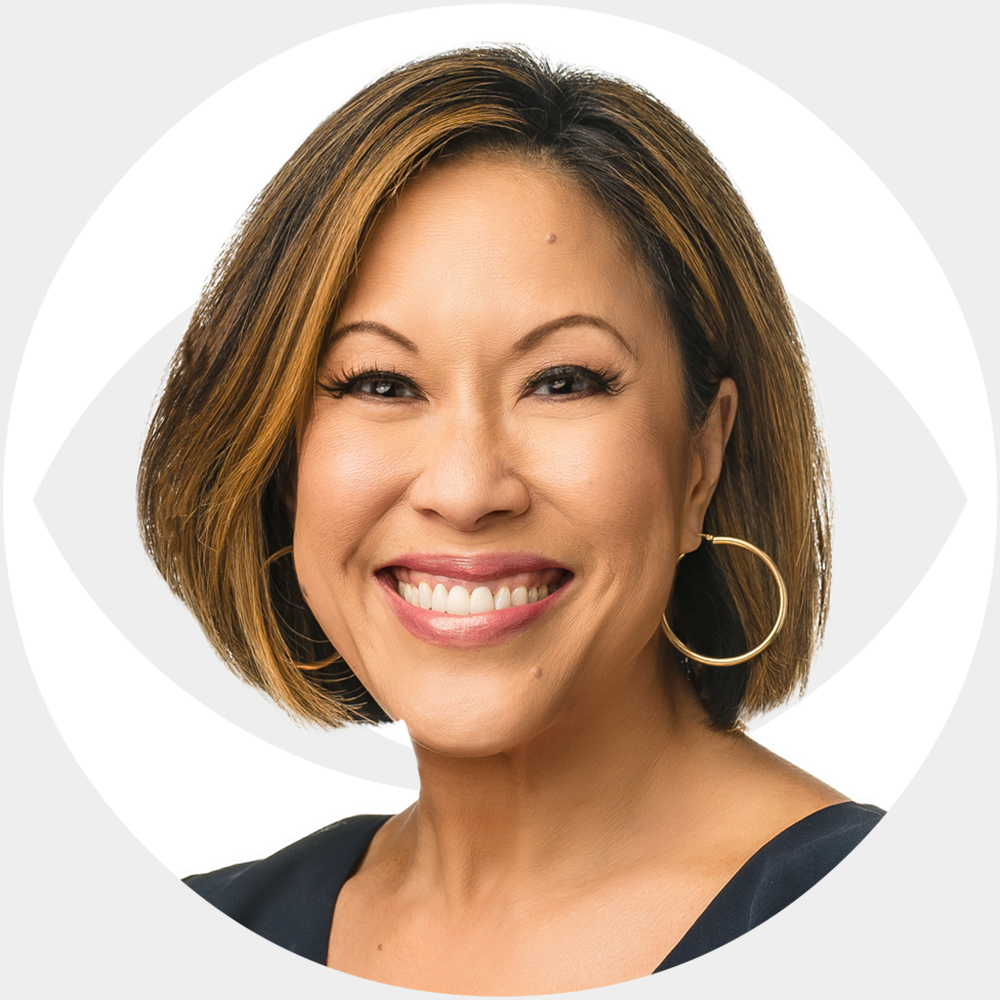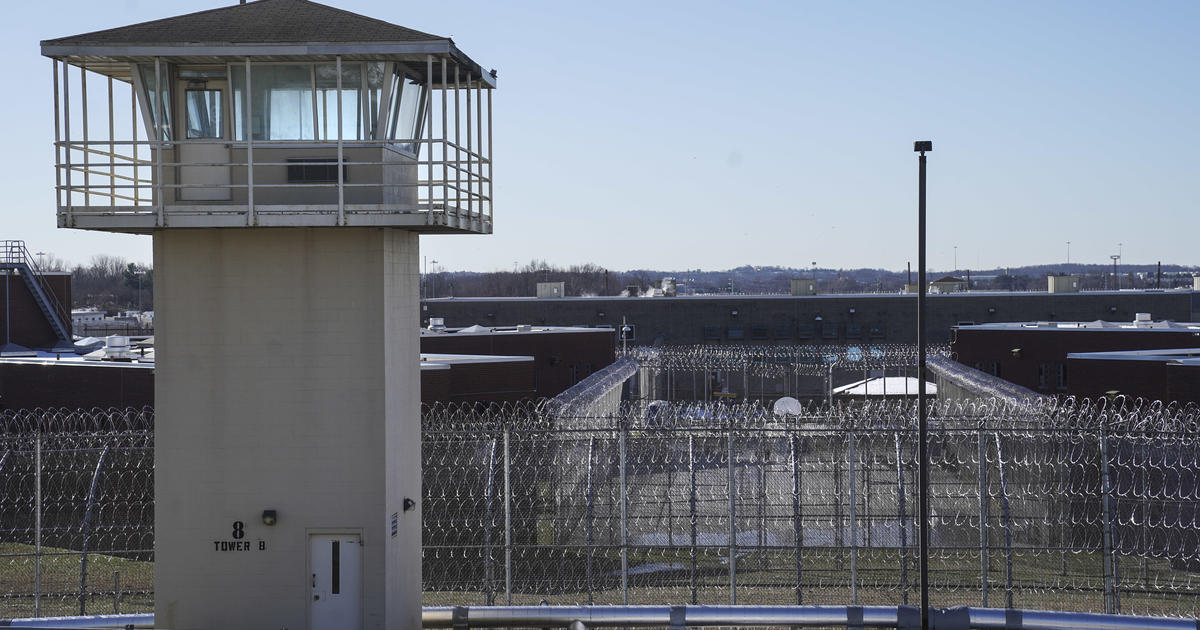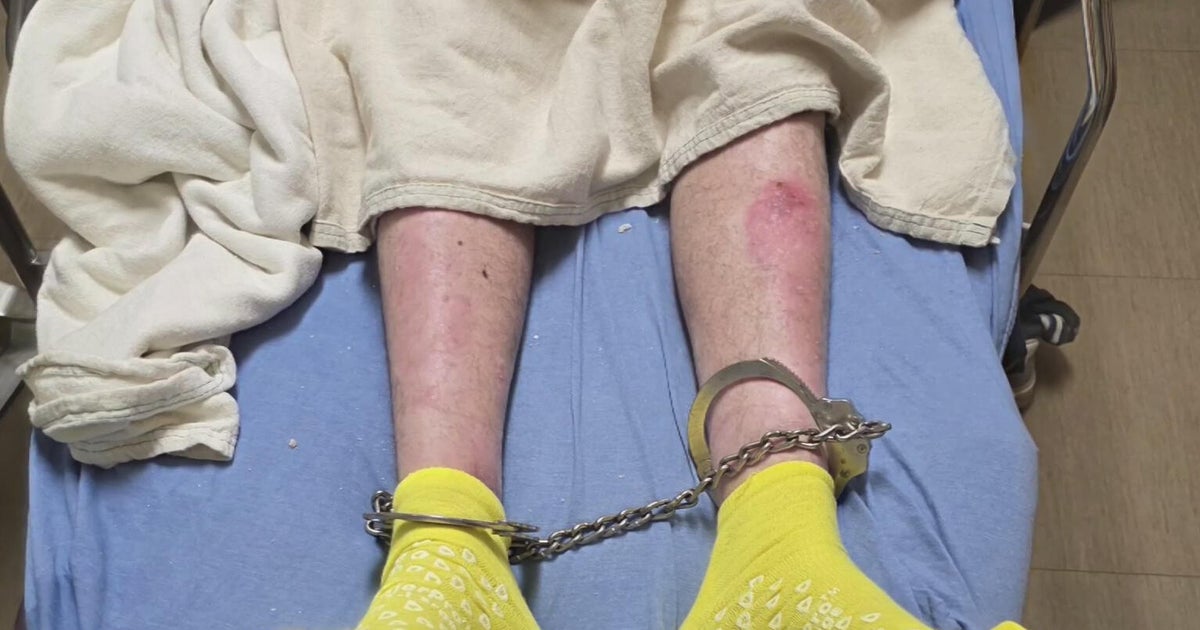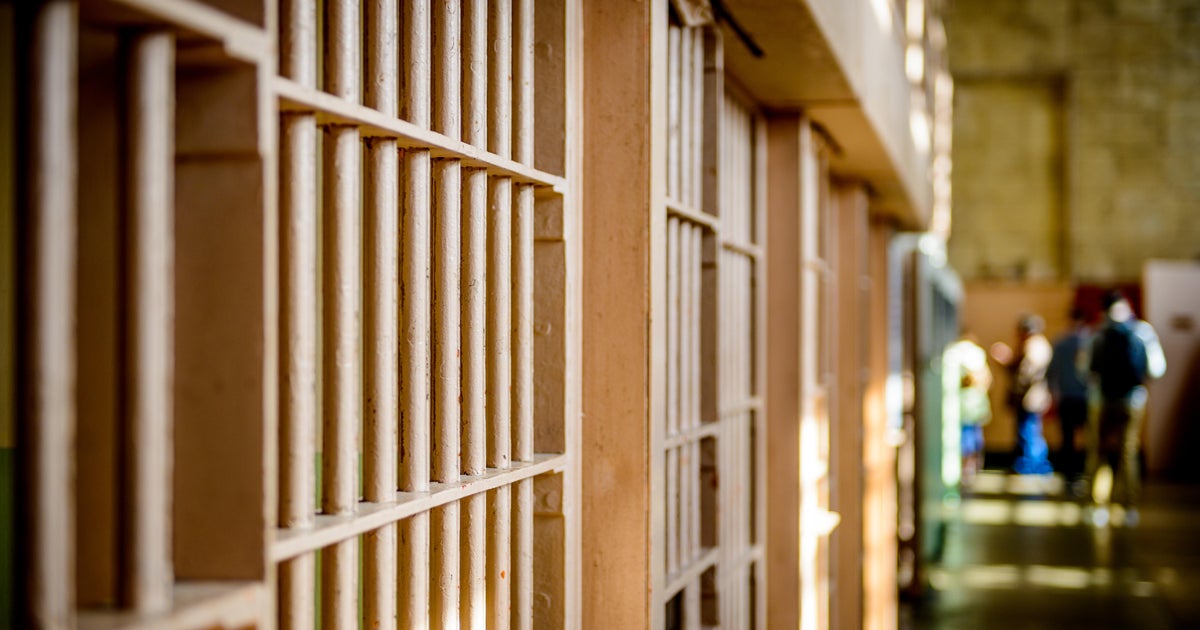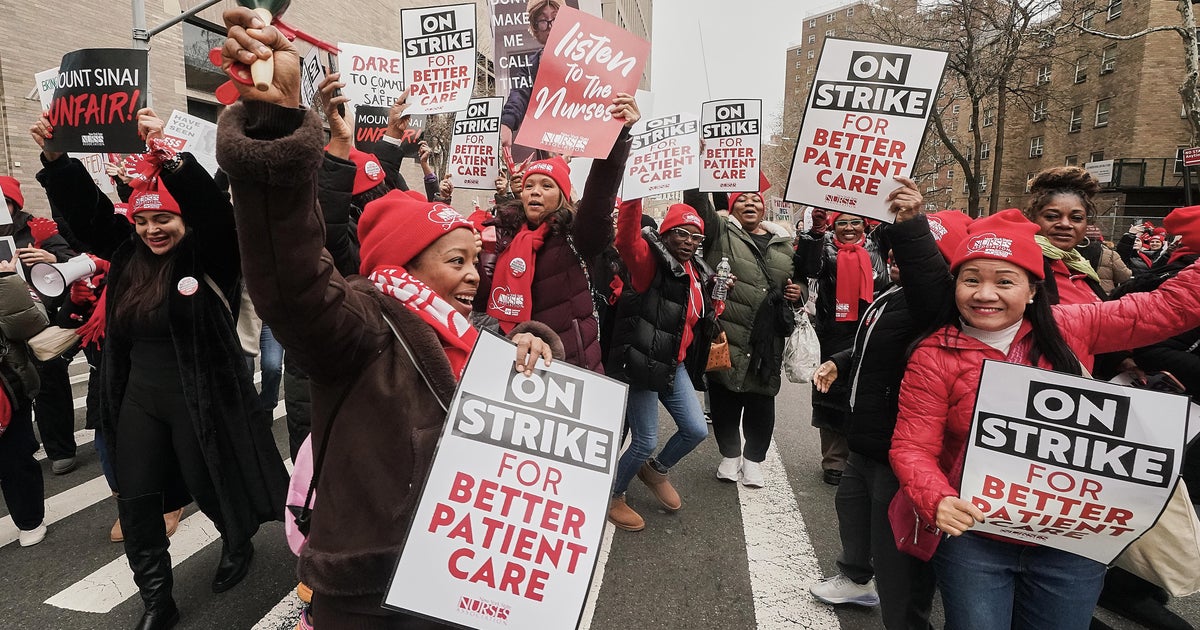New study prompts calls for Black women to get breast cancer screenings at younger age
NEW YORK -- It's estimated more than 43,000 women in the U.S. will die this year from breast cancer, and the rate is highest for Black women.
A new study is prompting calls for this group to get screened at a younger age.
It's one of the most common cancers in American women and detecting it early is critical.
"Mammograms have been shown to reduce death from breast cancer," said Dr. Sandhya Pruthi of the Breast Diagnostic Clinic at the Mayo Clinic.
READ MORE: Women in Flushing, Queens receive free mammograms as part of public health push
A study published in the medical journal JAMA Network Open finds that clinical trials may be needed to investigate whether Black women should start getting mammograms at younger ages.
While this group is less likely to be diagnosed with breast cancer when compared to white women, Black women have a 40% higher breast cancer death rate.
"Younger women, Black women, are being diagnosed with breast cancer and dying from breast cancer," Pruthi said.
READ MORE: METAvivor art fundraiser targets Stage 4 metastatic breast cancer
The exact reason why is unclear. Breast cancer screening guidance can be confusing. The U.S. Preventive Services Task Force -- medical experts whose recommendations help guide doctors' decisions -- recommends screening every two years starting at age 50.
It says the decision to screen at an earlier age should be made based on the individual. However, many medical groups, including the American Cancer Society and Mayo Clinic, already emphasize women have the option to start getting mammograms every year starting at age 40.
READ MORE: National Mammography Day serves as important reminder this Breast Cancer Awareness Month
Pruthi says when to get a mammogram should be determined by assessing risk factors -- and everyone should be aware.
"Know your breasts. Know when to start screening. Understand their risk factors and use that information when they're with their providers because when you do make that effort, I think the uptick of mammograms is higher. Women are more likely to get one if they understand why they're getting it," Pruthi said.
The doctor said there also needs to be a focus on making sure diverse populations have access to breast cancer screening tools -- and that screening is affordable.
